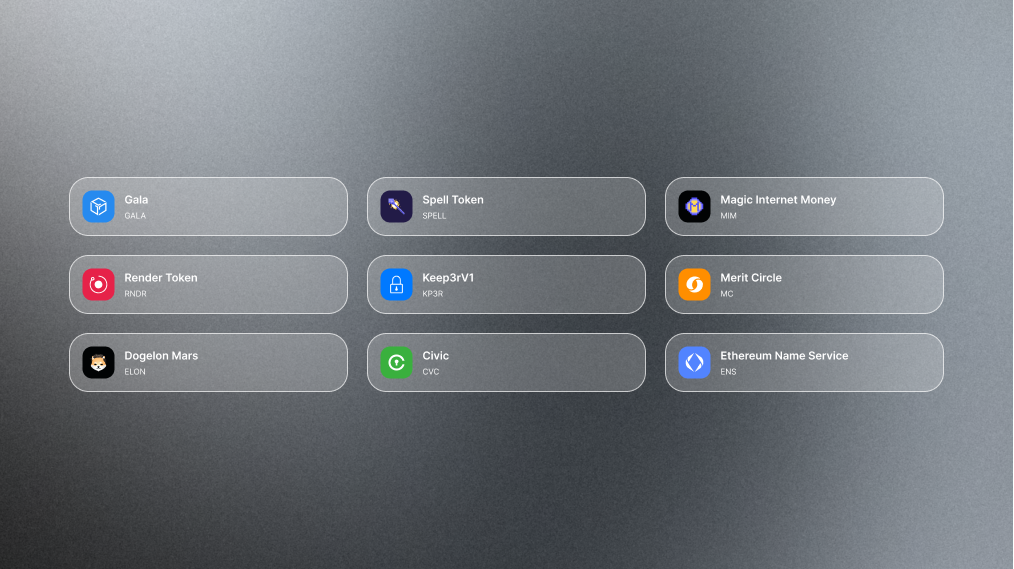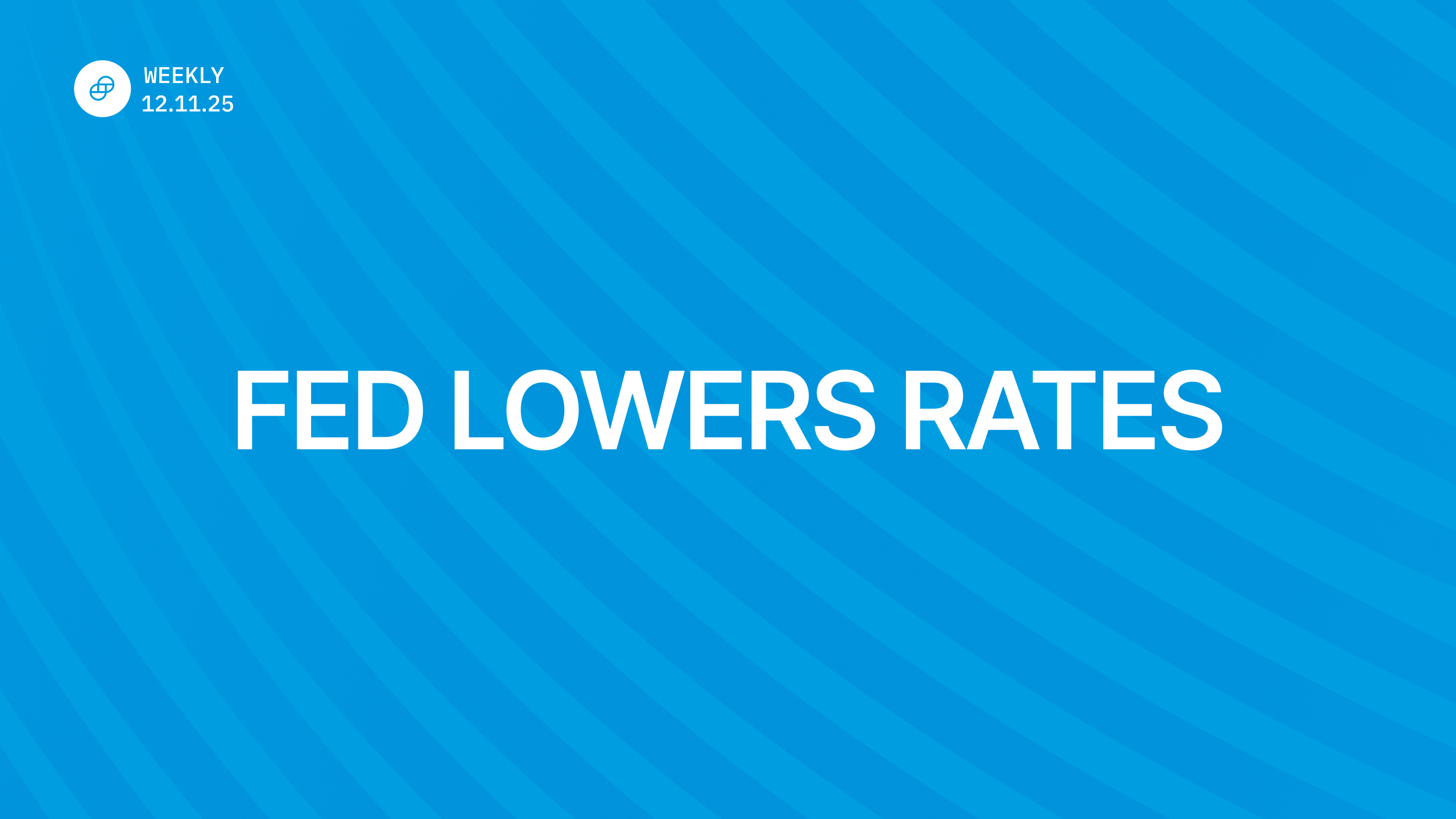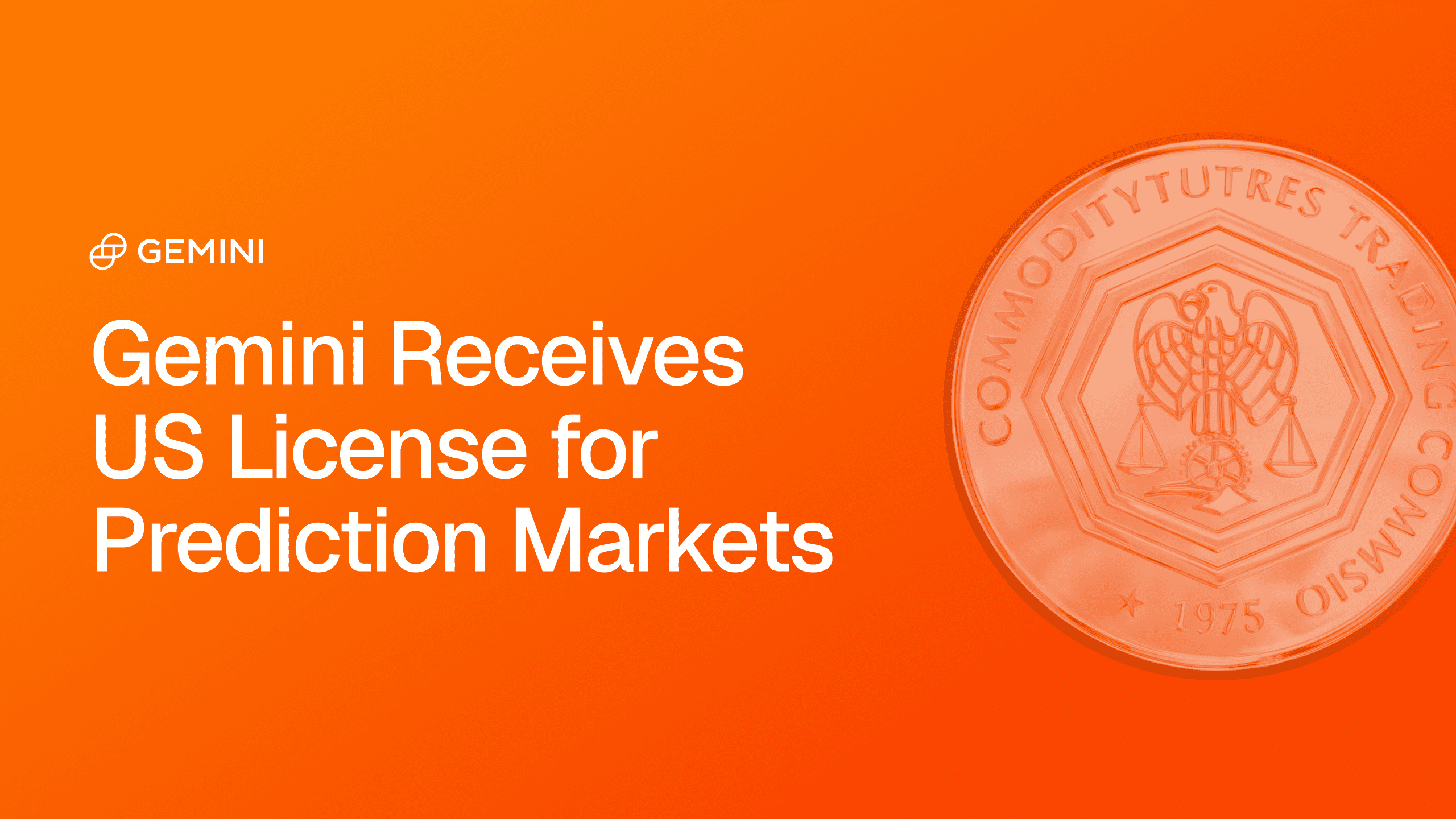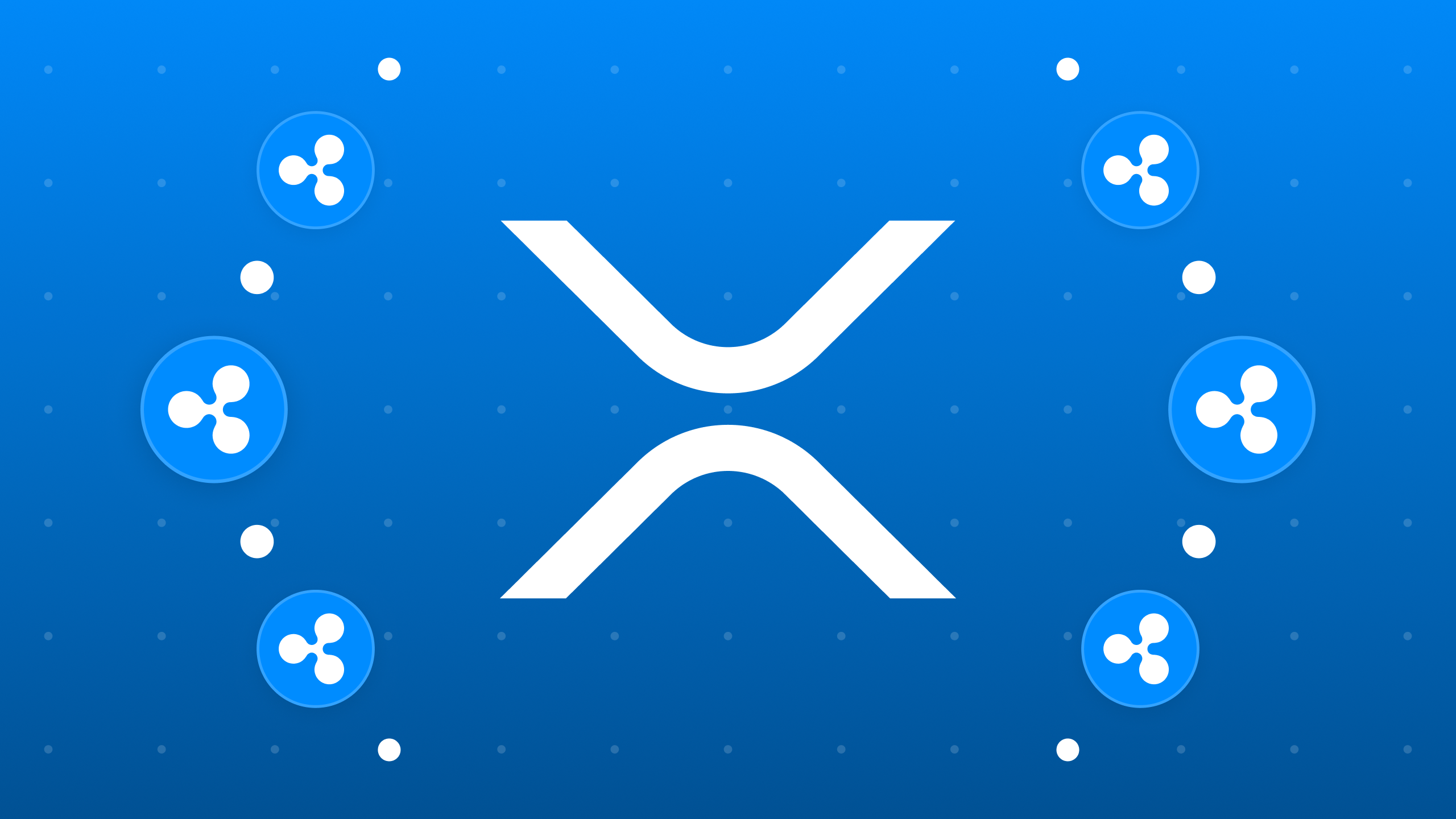DEC 20, 2021
Gemini Now Supports Gala and Spell Token in Addition to New DeFi, Metaverse, and Infrastructure Tokens

Today, we are delighted to announce support for Gala and Spell Token, along with a new set of DeFi, NFT/Metaverse, and Infrastructure tokens!
, , , , , , , , and are now available for custody and trading on our API/FIX and ActiveTrader applications for USD trading pairs, and on our mobile application and website for USD, GBP, EUR, CAD, AUD, HKD, and SGD pairs.
With the addition of these new tokens, we now offer trading and custody for more than 70 tokens, with an additional 15 tokens available for custody. Learn more about all the tokens we support, and more, . If you don’t yet have a Gemini account, .
We are proud to be the first regulated U.S. exchange to offer trading for MIM.
We believe these tokens will provide value to our users and we will continue to support DeFi, the budding metaverse, and decentralized infrastructure environments.
We look forward to supporting new crypto projects on our mission to unlock the next era of financial, creative, and personal freedom.
Onward and Upward!
Team Gemini
Updated: January 10, 2022
DeFi Tokens
 Spell Token (SPELL)
Spell Token (SPELL)
SPELL is an ERC-20 token, and serves as a governance and incentive token within the Abracadabra ecosystem. The SPELL token’s primary use cases are (1) governance in the Abracadabra protocol and (2) fees earned from the protocol. SPELL is used as the governance token for the Abracadabra.money decentralized platform. Abracadabra employs interest-bearing tokens as collateral in the minting Magic Internet Money (MIM), a USD-pegged stablecoin. Interest-bearing tokens able to be used as of February 2022 as collateral include liquidity provider (LP) tokens from Convex, Curve, Yearn, among others. The loan liquidation process on Abracadabra differs from other stablecoin/lending protocols like , in that each collateralized debt position (CDP) and its liquidation price is unique. Should the liquidation price for any specific CDP be crossed, a liquidator can purhcase the position by paying off the outstanding MIM.
 Magic Internet Money (MIM)
Magic Internet Money (MIM)
MIM is an ERC-20 token, and is soft-pegged to USD. MIM keeps its peg via arbitrage incentives within the Abracadabra ecosystem. When MIM trades under USD1.00, arbitrageurs are incentivized to purhcase MIM at a discounted price, and potentially pay off some of their debt at a cheaper price than if MIM were USD1.00. If MIM trades above USD1.00, arbitrageurs are incentivized to borrow MIM and sell it at a premium. MIM is a USD soft-pegged stablecoin minted by the Abracadabra.money decentralized platform. Abracadabra uses interest-bearing tokens as collateral to mint MIM. Interest-bearing tokens able to be used as of February 2022 as collateral include liquidity provider (LP) tokens from Convex, Curve, Yearn, among others. The loan liquidation process on Abracadabra differs from other stablecoin/lending protocols like , in that each collateralized debt position (CDP) and its liquidation price is unique. Should the liquidation price for any specific CDP be crossed, a liquidator can purhcase the position by paying off the outstanding MIM.
NFT/Metaverse Tokens
 Gala (GALA)
Gala (GALA)
GALA is an ERC-20 utility token compliant with the Ethereum network. Founder’s Nodes earn GALA by supporting the Gala Games Ecosystem on which games can run. Town Star, the first game built for the Gala Games Ecosystem, employs a reward structure whereby the top 100 players receive rewards in GALA. GALA is also serves as a non-refundable utility token which can be used as the medium of exchange between participants within the Gala Games Ecosystem. GALA can be used to purchase assets and NFTs. The Gala Gaming Ecosystem is built on the Ethereum blockchain. The project aims to create an environment where gamers retain full ownership of their in-game items, in contrast to the current centralized system (World of Warcraft, Minecraft, etc.) where players lose their in-game items when banned or when platforms shut down. For example, in Gala Games’ Town Star, players can own in-game items such as a CraneBot. The CraneBot in Town Star is an NFT and, more specifically, an ERC (Ethereum Request for Comment) token on the Ethereum blockchain. It exists on Ethereum’s network and is entirely separate from Gala Games. Furthermore, Gala Games cannot take away any NFT from a player.
 Merit Circle (MC)
Merit Circle (MC)
MC is an ERC-20 utility token compliant with the Ethereum network. It is the governance token for Merit Circle, and its public offering was held as an auction on the Balancer liquidity bootstrapping pool at an initial price of $1 USD. Decision-making is undertaken through voting by MC token holders. Merit Circle is a decentralized autonomous organization (DAO) focused on maximizing yield across play-to-earn (p2e) games and the metaverse. The DAO manages capital allocated among managers and players to earn crypto assets by playing games. The project aims to develop opportunities to earn MC through play-and-earn platforms for people who want to help build the metaverse. Its platform hosts scholarship opportunities and educational opportunities to assist gamers on their journey towards earning crypto in the metaverse. The ecosystem is made up of gamers, community managers, and DAO contributors. Merit Circle was initially known as Axie 420, a scholarship program for the blockchain-based Axie Infinity game. With the rebrand, the DAO is focused on expanding beyond Axie Infinity into other crypto games. Collaboration efforts that Merit Circle has announced include Yield Guild Games, Sipher, UFO, Vulcan Forged, Nyan Heroes, and more.
Infrastructure Tokens
 Render Token (RNDR)
Render Token (RNDR)
RNDR is an ERC-20 utility token compliant with the Ethereum network, and is used to pay for motion graphics, animation, and VFX rendering on the Render Network. The Render Network provides decentralized GPU-based rendering technology solutions. RNDR is its native utility token designed as the payment token for services offered by Render Network. The project consists of three major components working in conjunction: (a) creators, (b) node operators, and (c) OctaneRender. Using the Render Network, creators can tap into GPU power to render final images at higher speeds and lower costs than previously available. Node operators rent out their spare GPU to creators and receive RNDR tokens for time spent rendering. OctaneRender is the GPU rendering software used in the Render Network.
 Ethereum Name Service
Ethereum Name Service
ENS is an ERC-20 utility token compliant with the Ethereum network. The ENS token was issued via an airdrop to all ENS domain holders, ENS contributors, and the ENS DAO community treasury. The airdrop could be claimed starting November 8th, 2021 and is open for claiming until May 4th, 2022. The ENS token will only be used for governance of the ENS protocol and community treasury at launch. Ethereum Name Service is a decentralized naming system built on the Ethereum network. ENS domains are issued as NFTs in the form of “Gemini.eth”, for example. The NFTs are meant to be human-readable addresses that map to public keys on networks like Ethereum, Bitcoin, and others. Other metadata can be stored within an ENS domain such as a traditional DNS domain like “gemini.com”, Twitter profile, IPFS hashes, and more. There are currently over 550,000 ENS domains owned by over 225,000 ethereum addresses, as of December 17, 2021.
 Keep3rV1 (KP3R)
Keep3rV1 (KP3R)
KP3R is an ERC-20 utility token compliant with the Ethereum network with payment and governance use cases. Keep3rV1 or Keep3r Network is a registry designed to match organizations and other entities with technical professionals, known as Keepers, who can perform routine tasks such as collecting yield farming harvests. More specifically, a Keeper refers to an external person, bot, and/or team that executes an usually autonomous task, which is also known as a “job” in this context. A job can be as simplistic as calling a transaction or as complex as requiring extensive off-chain logic. The scope of the Keep3r Network is not to manage these jobs itself but to provide a matchmaking service. Each individual Keeper sets up their devops and infrastructure and creates their own rules based on what they want to accomplish. To become a Keeper and receive KP3R rewards from completing jobs, a Keeper needs to "bond" with a job. If a bonded Keeper is selected for a job, they will receive a reward once the job has been successfully completed.
 Civic (CVC)
Civic (CVC)
CVC is an ERC-20 utility token compliant with the Ethereum network and an SPL-20 token on Solana. The primary use case for CVC is for payment verification between Identity Verifiers and Identity Requesters within the Civic ecosystem. Civic is a decentralized digital identity provider that formed in June 2017. Civic provides a link between “Identity Verifiers” and “Identity Requesters,” where Requesters can be the Civic team themselves, or anyone who wants to link KYC/KYB (know your customer and know your business) data to crypto wallets. Identity Verifiers are paid in CVC by Identity Requesters and the Civic team takes fees for connecting the parties. Civic technology is also leveraged by its sister non-profit organization, Identity.com. Identity.com uses Civic to issue non-transferrable, non-fungible decentralized identity tokens to wallets called Civic Passes. Identity verification tokens can be used to gate specific dApps to create a KYC/KYB only decentralized exchange (DEX) or lending protocol. Personal Identifiable Information (PII) is made available only to dApps once the wallet owner gives permission. The requester (a DEX for example) will ask a Civic Pass wallet owner to permit the sharing of any relevant PII prior to providing access. Once the wallet owner accepts the request, the DEX will go to the Civic network and ask for PII validation of the wallet. A validator will attest the request and relay the results back to the DEX. Validators are then paid in CVC tokens by the DEX.
Other Tokens
 Dogelon Mars (ELON)
Dogelon Mars (ELON)
ELON is an ERC-20 utility token compliant with the Ethereum network. Dogelon Mars is a doge-themed token project that aims to replicate the success of Dogecoin (DOGE) while piggybacking on Elon Musk's plans to colonize Mars. The founders of Dogelon Mars locked 50% of all the ELON liquidity in a Uniswap liquidity pool. The other half was donated to a owned by Vitalik Buterin, the founder of Ethereum. Vitalik then sent the donated ELON to various DAOs and foundations, including the Methuselah Foundation, a non-profit medical charity focused on extending the healthy human lifespan. Since the founding team did not allocate any ELON to themselves, every token holder today either purchased the asset on a decentralized exchange (DEX) or received them as a donation from Vitalik Buterin.
RELATED ARTICLES

WEEKLY MARKET UPDATE
DEC 11, 2025
Federal Reserve Cuts Rates Again, SEC Proposes New Token Guidelines, and BlackRock Applies for Ether Staking ETF

COMPANY
DEC 10, 2025
Gemini Receives US License for Prediction Markets

COMPANY
DEC 10, 2025